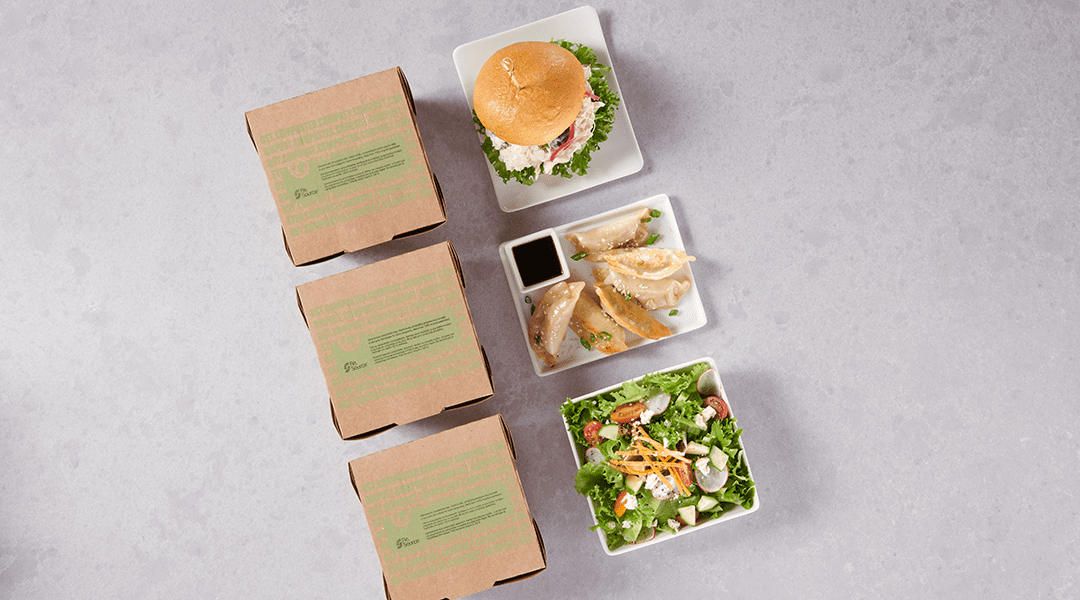It’s a trusted truth that customers expect more from dining out than just good food at a reasonable price, they also want to feel their business is appreciated. A smile from a server, a willingness to go the extra mile – to make things right. These are part of that elusive thing we call service. And it’s very important in the foodservice industry.
A wealth of surveys and studies have begun to illuminate why customers think and act the way they do. One finding is that service, not price, determines how a consumer feels about your foodservice operation. According to McKinsey & Co., about 70 percent of buying experiences are based on how a customer feels he or she is being treated.
So let’s delve into the mysteries of customer attitudes, and how to keep your customers happy and coming back again and again.
Foodservice Customer Attitudes and Behaviors
With a countless number of statistics, we’ve broken it down into a few of the key highlights.
Satisfied people spread the good word. The White House Office of Consumer Affairs reports that happy, satisfied customers will tell four to six people about their positive experience. And word of mouth is the very best marketing because people will trust what their friends tell them. (Keep in mind, of course, that the same source reports that a dissatisfied customer will tell even more people, so you want to keep guests happy.)
Existing customers are your best prospects. The likelihood of selling to an existing customer is 60 to 70 percent, while the probability of selling to a new prospect ranges from 5 to 20 percent, according to Marketing Metrics.
Service counts above price. This may be one of the great secrets of winning customers. People want service—friendly, considerate tableside manners—more than they worry about price. In fact, the global-management consulting firm Bain & Co. reports that a customer is four times more likely to defect to a competitor if the problem is service-related than if it’s price- or product related.
Keeping customers happy is easier than winning them back. A little personal attention and good service goes a long way. But again, it’s easier to keep your guests happy than it is to restore good will if it’s lost. In fact, it takes 12 positive experiences to make up for just one unresolved negative experience, according to hospitality industry consultant Ruby Newell-Legner.
The importance of foodservice customer feedback
This may surprise you, but according to the Minnesota-based Lee Resource Group, dissatisfied customers don’t complain; they simply leave, tell people about their bad experience, and don’t come back.
How’s a foodservice operator to know what the customer is thinking? By asking. Not in a two-second fly-by “Is everything OK?” sort of way, but by taking a moment to inquire sincerely how the guests enjoyed their experience. A question like, “Could we improve your experience here?” or a request like, “Let us know what you’d like to see us do differently” could begin to elicit honest feedback.
Be sure to check what people are saying about your restaurant on online rating sites like Yelp.com. If a consumer posts something unfavorable about your restaurant, don’t fume about it. Reach out to the complainer via that same site or, if you have their name, by phone or other personal contact. Own it, and work real hard to make things right with that customer.
Making things right
Since people sometimes do go away unhappy, we come to the topic of customer recovery. This is the process of trying to win back customers who’ve stopped doing business with an operation.
It’s at least a three-step procedure:
- Accept that the complaint is valid, at least in the customer’s mind
- Once you’ve expressed your sincere desire to set things right, immediately move to correct the problem
- Make something happen – never say “No” or make excuses
The bottom line? Consumer behavior may seem mysterious at times, but it doesn’t have to be. Just remember the basics. Service—demonstrating a serving heart and hospitality-minded approach—means more to a customer than anything else. Win over customers with great service, and you’ve locked in a rewarding relationship with them for the long term. At the end of the day, remember that consumers always vote with their dollars.




























